51+ Sample Group Contract Templates
-
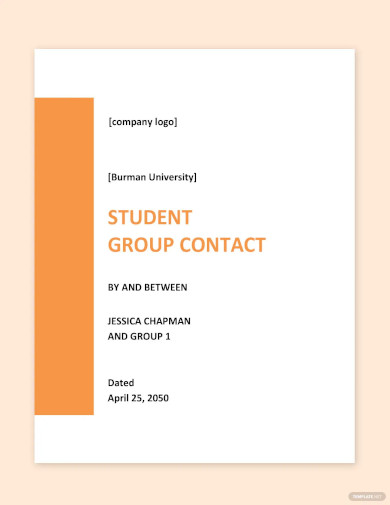
Student Group Contract Template
download now -
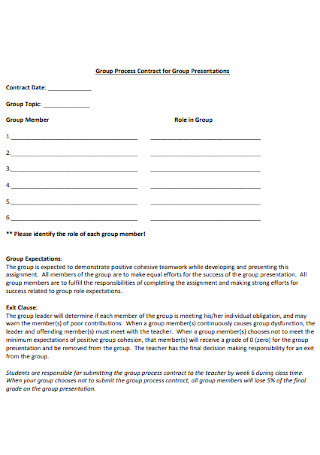
Contract for Group Presentations Template
download now -
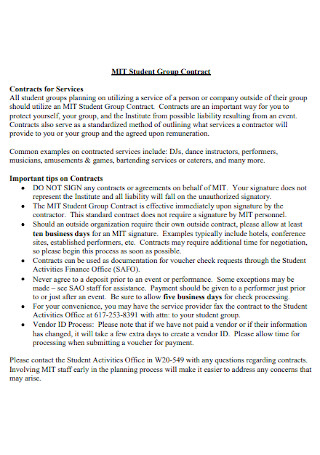
Student Group Contract
download now -
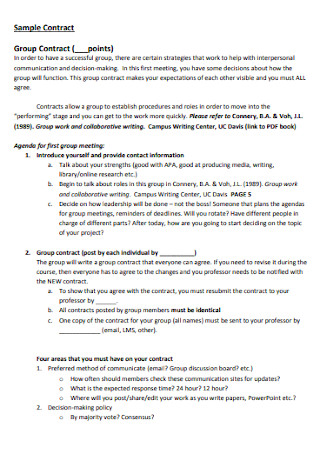
Sample Group Contract
download now -
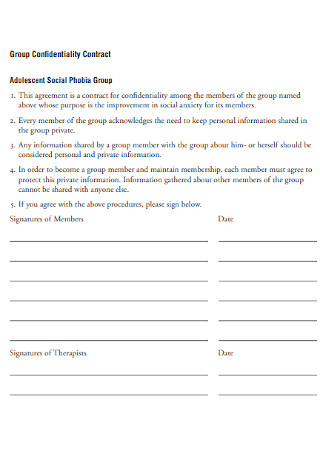
Group Confidentiality Contract
download now -
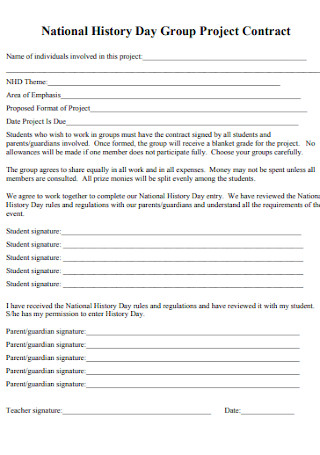
Group Project Contract
download now -
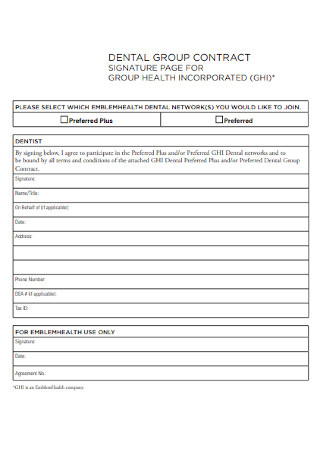
Dental Group Contract
download now -
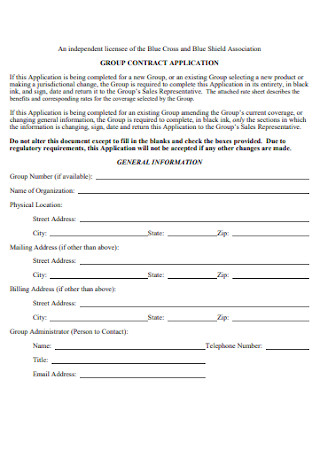
Group Contract Application Template
download now -
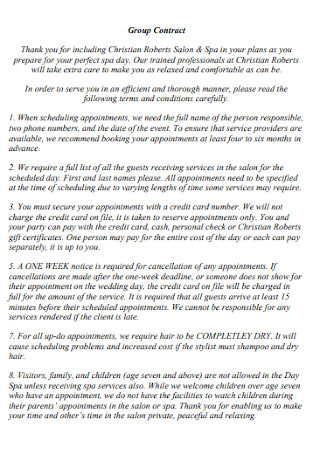
Basic Group Contract Template
download now -
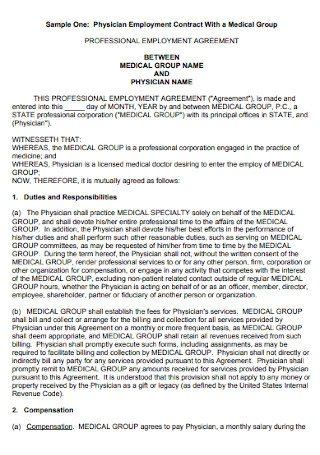
Employment Group Contract
download now -
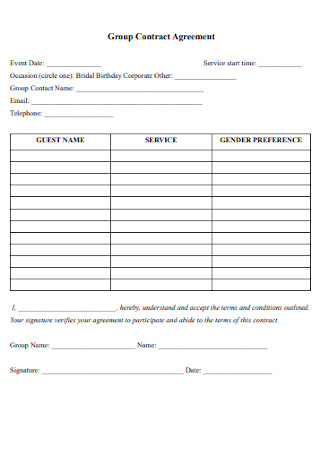
Group Contract Agreement
download now -
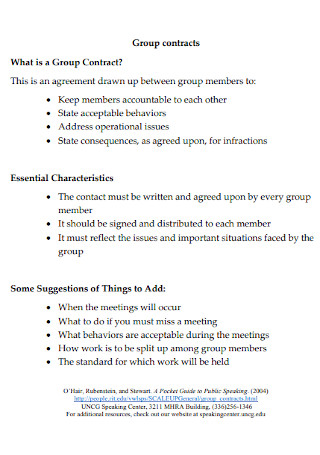
Simple Group Contracts Template
download now -
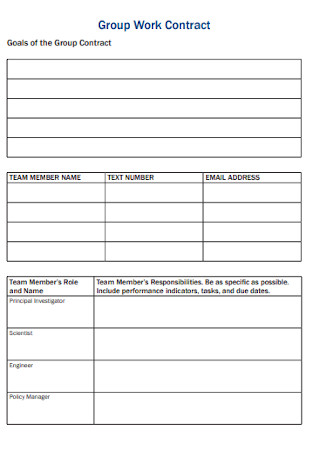
Group Work Contract
download now -
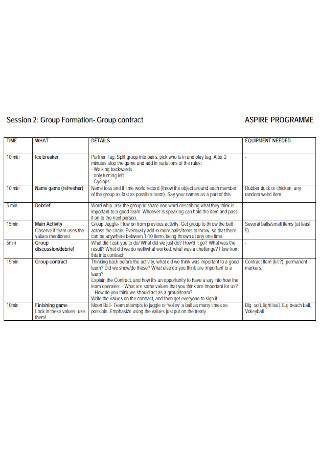
Group Formation Contract
download now -
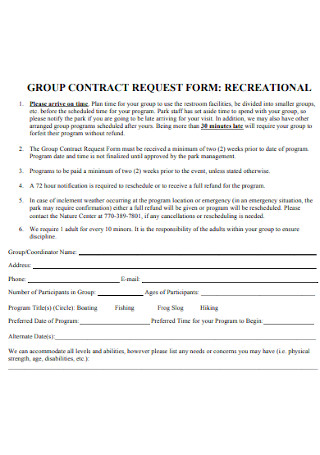
Group Contract Request Form
download now -
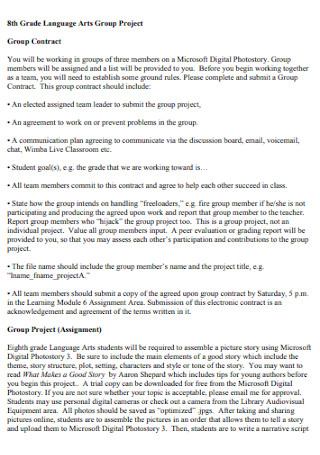
Arts Group Project Contract
download now -
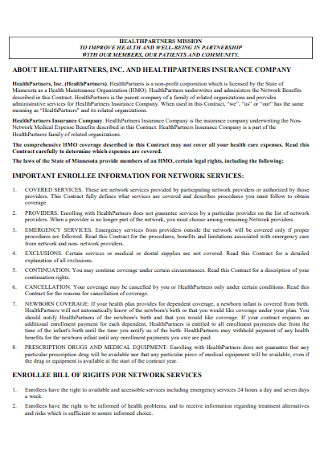
Group Membership Contract
download now -
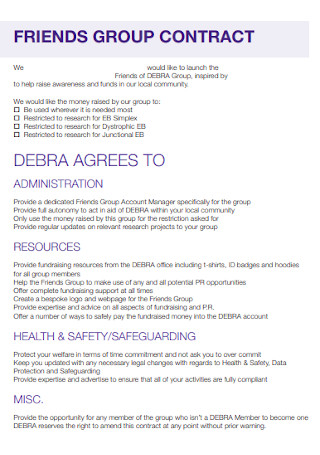
Friends Group Contract
download now -
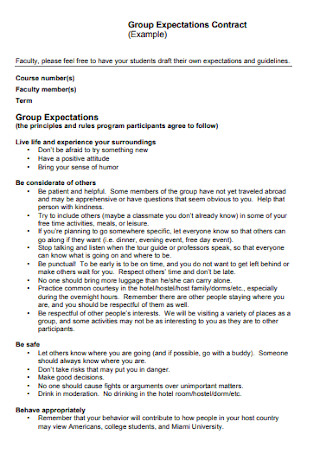
Group Expectations Contract
download now -
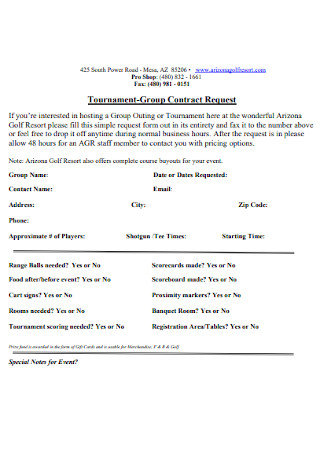
Group Tournament Contract
download now -
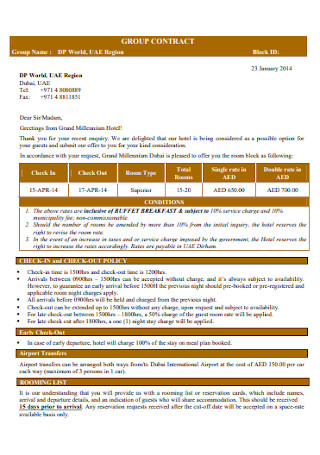
Standard Group Contract Template
download now -
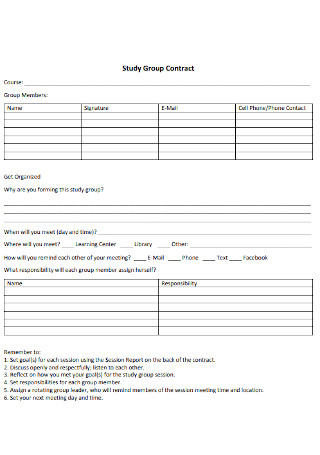
Study Group Contract
download now -
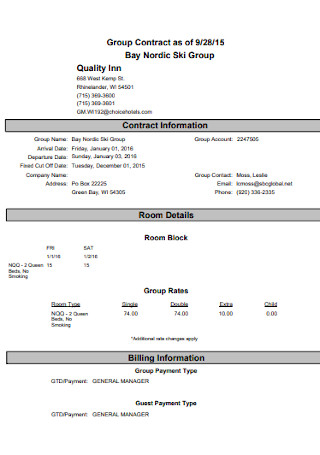
Hotel Group Contract
download now -
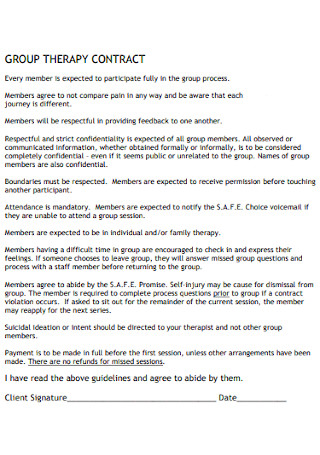
Group Theraphy Contract
download now -
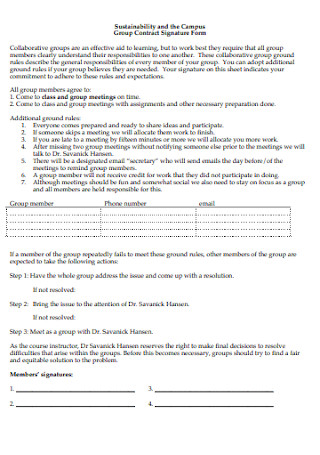
Group Contract Signature Form
download now -
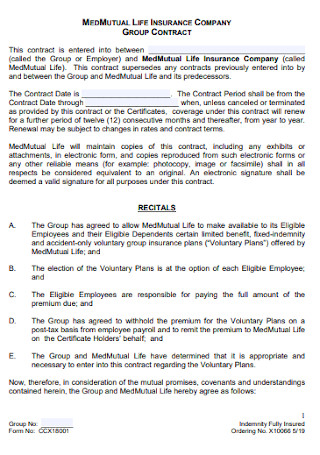
Company Group Contract
download now -
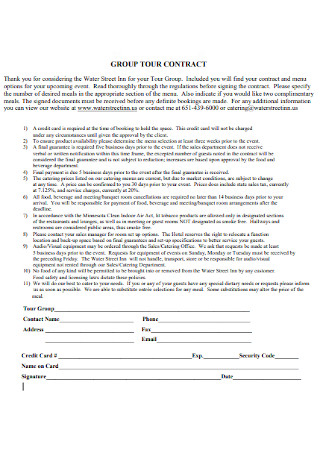
Group Tour Contract
download now -
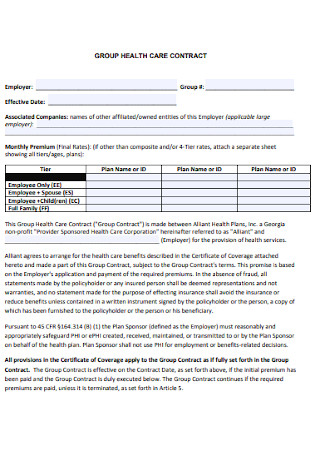
Group Health Care Contract
download now -
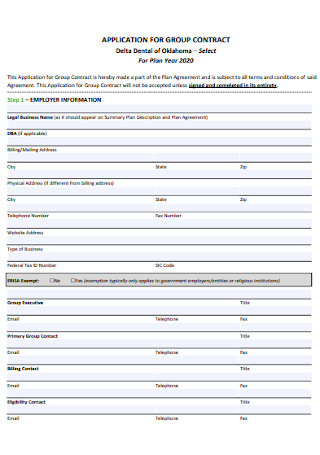
Application for Group Contract Template
download now -
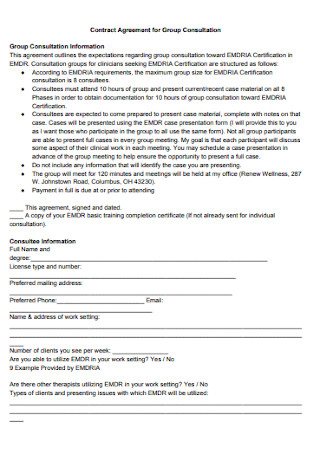
Contract Agreement for Group Consultation
download now -
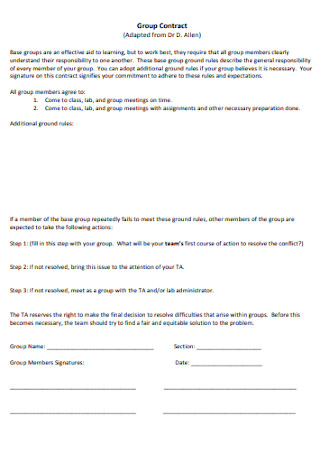
Simple Group Contract Template
download now -
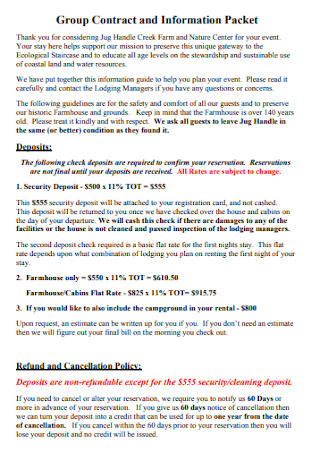
Group Contract and Information Packet
download now -
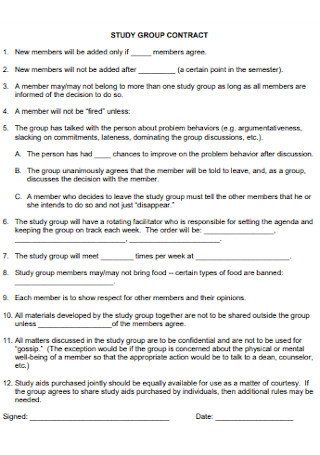
Sample Study Group Contract
download now -
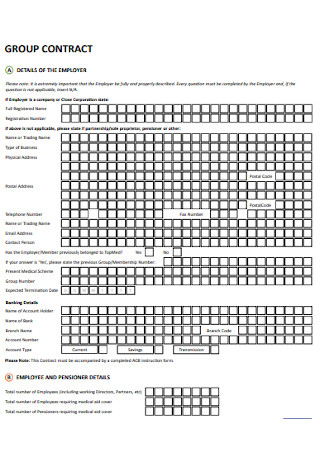
Employer Group Contract Template
download now -
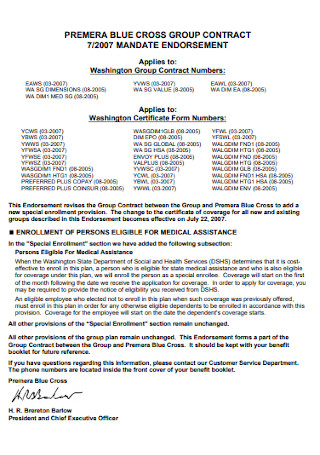
Blue Cross Group Contract
download now -
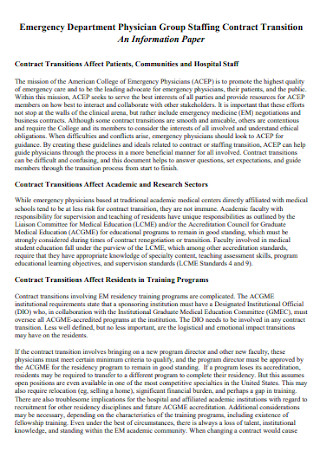
Group Staffing Contract
download now -
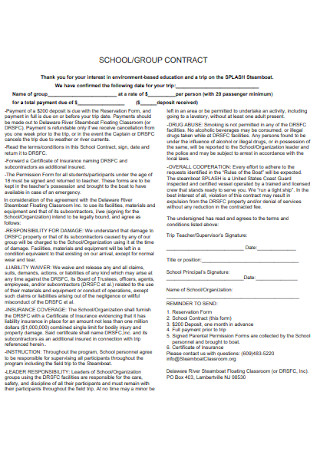
School Group Contract
download now -
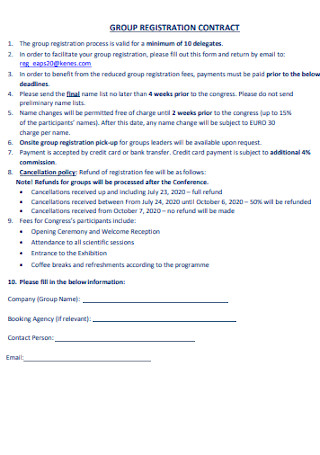
Group Registration Contract
download now -
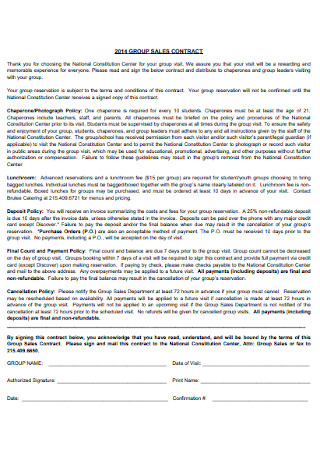
Group Sales Contract Template
download now -
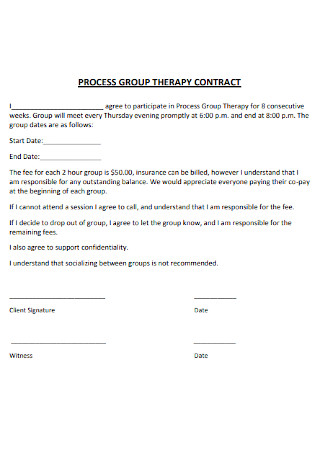
Process Group Therapy Contract
download now -
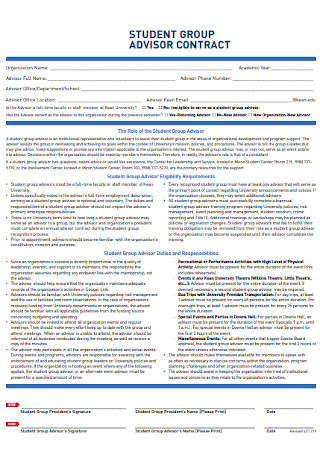
Student Group Advisor Contract
download now -
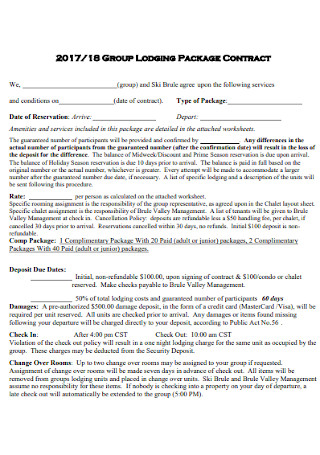
Group Lodging Package Contract
download now -
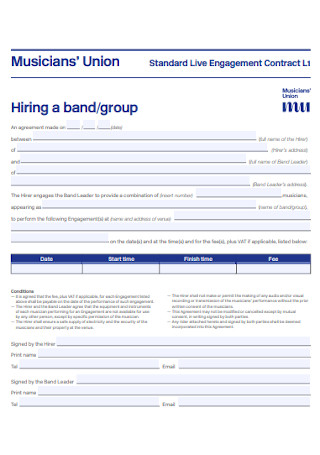
Band Group Contract
download now -
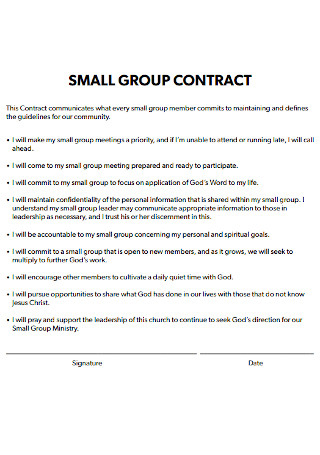
Small Group Contract
download now -
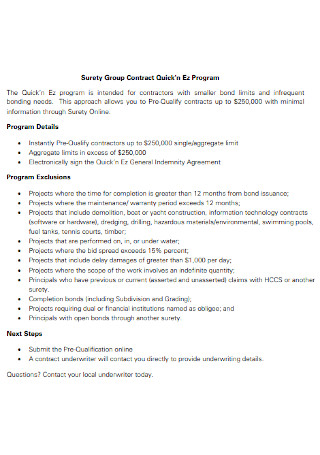
Group Surety Contract
download now -
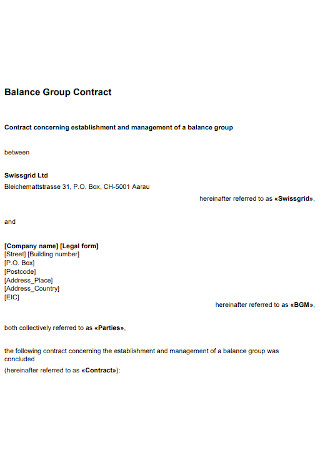
Balance Group Contract
download now -
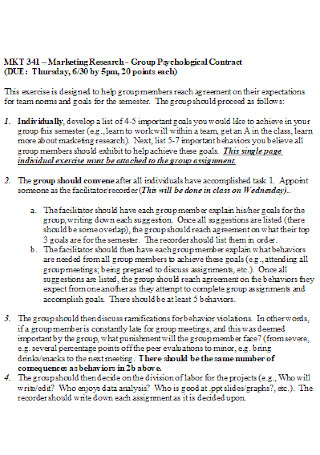
Group Psychological Contract
download now -
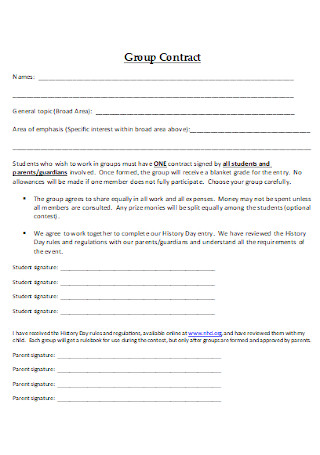
Formal Group Contract Template
download now -
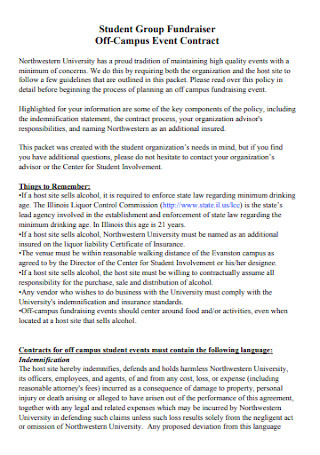
Camps Students Group Contract
download now -
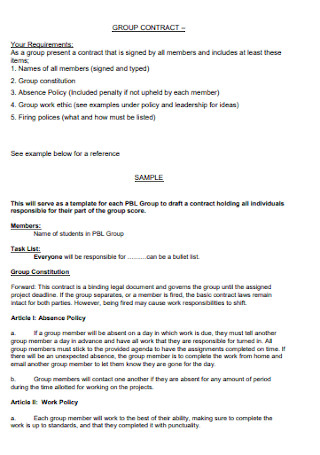
Group Contract Format
download now -
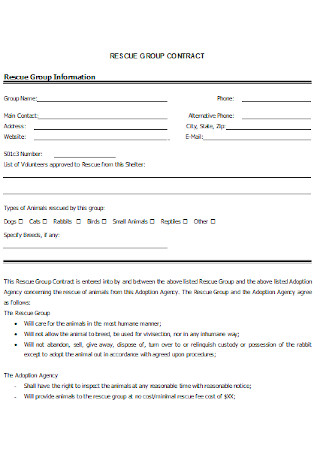
Rescue Group Contract
download now -
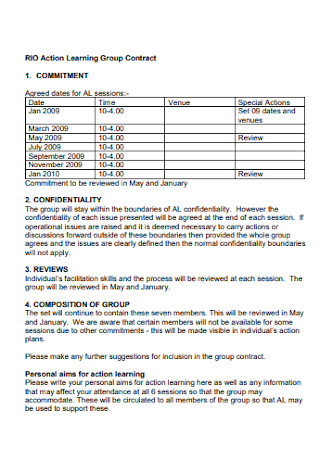
Action Learning Group Contract
download now
What Is a Group Contract?
Every individual is unique. For that reason, working in a group of people with different personalities can be challenging. That is when a group contract comes to play. When a team of students has a project plan to complete, they can write down their expectations, roles, rules, and obligations in a contract to make each member of the group useful and accountable. In other words, a group contract formalizes the responsibility of each group member. Typically, a group agreement contains the following information: contact information and names of group members, expectations, specific duties, the term of tasks, processes, methods, and signatures of all group members.
In a study conducted by Johnson et al. in 2014, 168 studies of students show that undergraduates who joint group works have more achievements compared to students who work alone.
Also, Attle and Baker point out that about 80% of employees work together in teams.
Moreover, the Census Bureau reports that there were about 5.6 million employer establishments in the U.S. in the year 2016.
Qualities of an Excellent Group Member
In collaborations, a combination of personalities may repel or attract. So, it is crucial to choose and keep members with good personality traits. The following are qualities you should look for in an individual.
How To Effectively Work in a Group
Group work or teamwork is a great opportunity for workers or students to take benefit of the strengths of other members. In a classroom setting, group work can sometimes be stressful if members don’t organize. So, here are the steps to follow to work in a group under a school group agreement effectively.
Step 1: Set the Roles of Each Team Member
This can’t be a problem in a work setting since well-established companies already have an organizational chart at hand. In an academic setting, students may assign different roles to different members according to their level of commitment. The following are some roles a student may take while working in a group: (1) Leader. The leader’s role is to lead the discussions, motivate his team members, encourage brainstorming, guide conversations, and address his group’s questions. (2) Organizer. The organizer’s role is to schedule meetings, check if the project is on track, and take note of everything. (3) Editor. The editor edits the final work and collects the reports of team members. (4) Researcher. The researcher’s work is to research some topics, present reliable information, and provide credible sources for the project. (5) Writer. The writer writes the report. (6) Presenter. The presenter creates the whole presentation and presents the work to the class.
Step 2: Make a Timeline
Creating a timeline is vital so that group members will keep track of their progress for whatever role they are taking. Without a specific timeline chart, group members will not feel obligated to complete each of their tasks. Therefore, a timeline set in a team contract is crucial to keep the project going until the very last second.
Step 3: Schedule Meetings Regularly
Group meetings don’t always have to be in person. A leader can decide to hold a meeting online using Skype or other applications that will work for the team. Also, members can organize their projects through email by sharing their research and notes conveniently.
Step 4: Create a Plan for Communication
To prevent contract disputes, members must agree on rules for communication. For example, if one member misses a scheduled meeting, he must cover up for his absence by reading the notes taken by the organizer when possible. So, if a member consistently fails to communicate or be productive, he will not receive credit for the group project.
FAQs
Who creates the group contract?
A college instructor or group member can create a group contract. Everyone can use the same agreement, or individual groups can outline their own in writing. Every contract must set all the expectations it demands from all team members, and all must abide by the stipulations of the contract.
What is a working contract?
In a company setting, a working agreement defines how group members must work together as a team to provide an environment free from worries and open for exploration. The working agreement’s function includes determining how a group will work as a unit and encouraging positive behavior. For a working contract to work, it must have SMART goals.
What are “ground” rules?
Ground rules spell out how individual members should act towards other members of the group. These written rules must be concise, consistent, and followed. The absence of ground rules triggers natural behaviors to emerge.
A group contract is an agreement that benefits a group with several members. It helps attain a specific goal by giving each member a particular role and responsibility as a contribution. Also, it serves as a guideline for every member to look upon and follow while completing a specific task. If you wonder what a group contract looks like, you can download one of our group contract templates above as reference.
